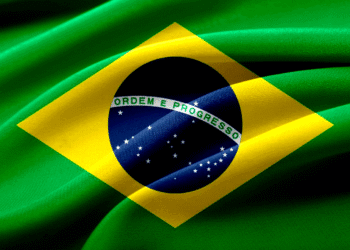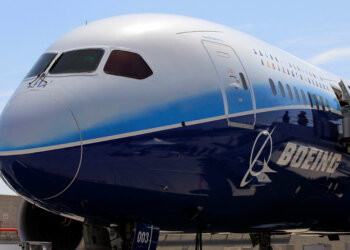The Trump administration’s 50% tariff on Brazilian coffee will disrupt worldwide trade patterns because it will redirect millions of coffee bags toward China and European markets.
The August 6 tariff implementation puts at risk the 8 million annual Brazilian coffee bags which are sent to the U.S. market as the world’s leading coffee consumer. Brazil maintains its position as the global leader in coffee exports while supplying one-third of U.S. coffee imports through a trade relationship valued at $4.4 billion during the previous year.
The trade restriction will create a chain reaction that affects Brazilian farmers and American coffee establishments. U.S. broker Michael J. Nugent explained that this change will transform the way global coffee moves between countries. Chinese coffee imports are expected to increase significantly because their annual consumption growth reaches 20% while their per capita coffee consumption has doubled since 2020. Brazil exported more than 500,000 bags of coffee to China during the first half of 2025.
Traders are exploring alternative shipping routes through Mexico and Panama to bypass the tariffs. The extra logistics expenses would reduce the tariff burden to 10–15% levels.
The U.S. government decided not to grant coffee exemption from Brazilian tariffs because of escalating political tensions between Trump and Brazilian leaders. The Brazilian coffee industry now faces order cancellations and rushed shipments because processors need to meet the August deadline.
Trump’s Brazil Coffee Tariff Reshapes Global Trade Routes
Related Posts
© 2025 Newsweek World.
All rights reserved.










